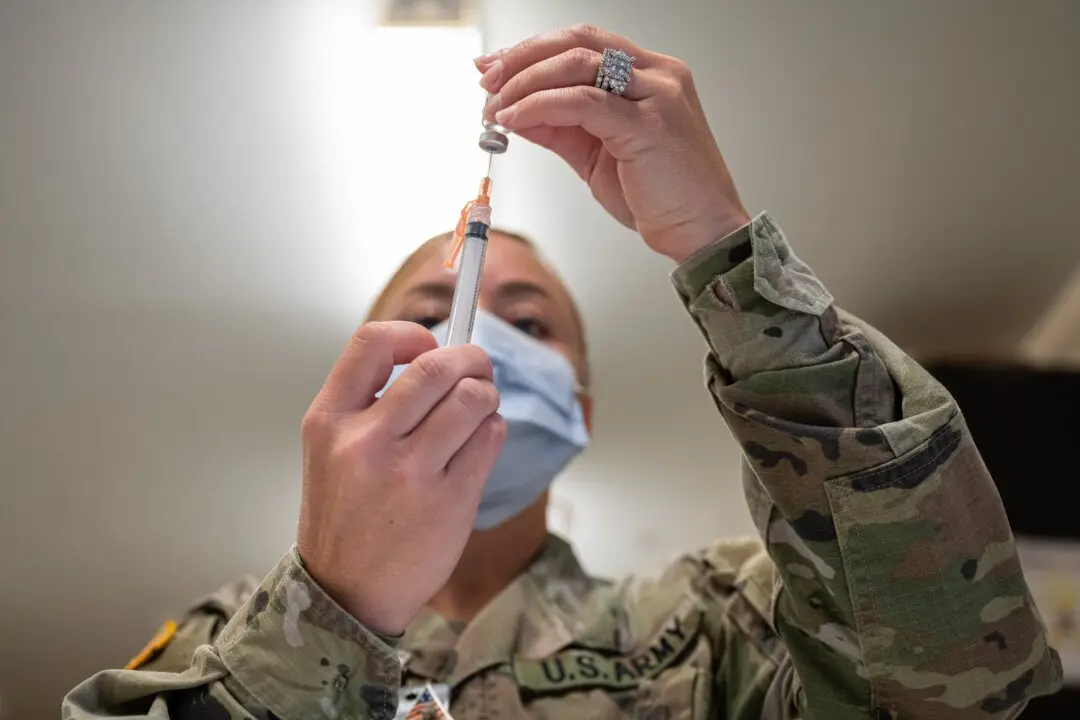Secretary of Defense Lloyd Austin and all other military officials are barred from taking punitive action against two service members seeking religious exemptions to the military’s COVID-19 vaccine mandate, a federal judge ruled on Feb. 2.
The Marine Corps. lieutenant colonel and Navy Command officer appear to have been “wrongfully denied a religious exemption from COVID-19 vaccination,” U.S. District Judge Steven Merryday, a George H. W. Bush nominee, wrote in a 10-page ruling.





